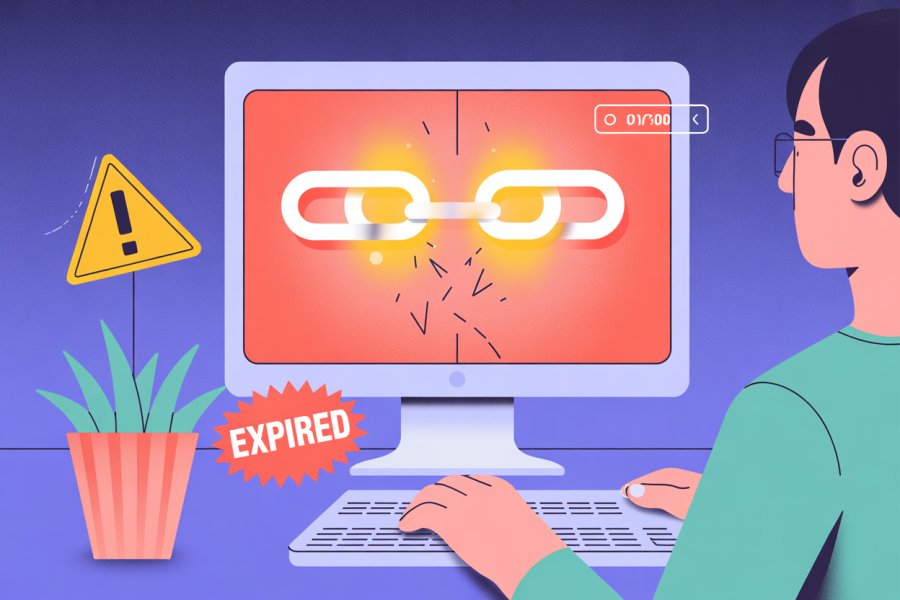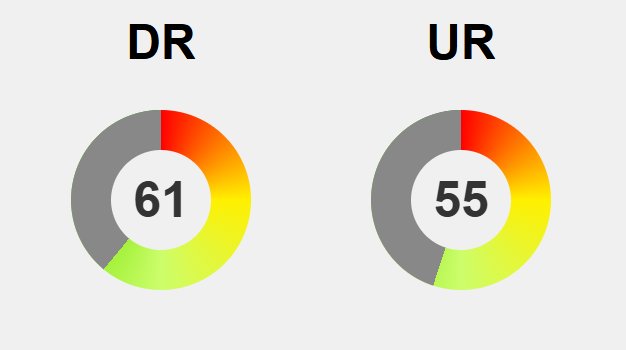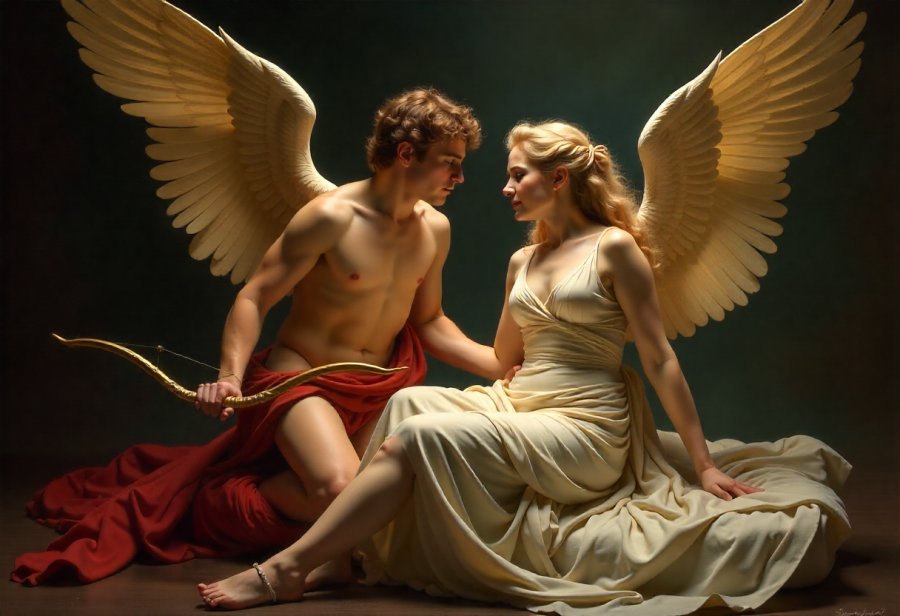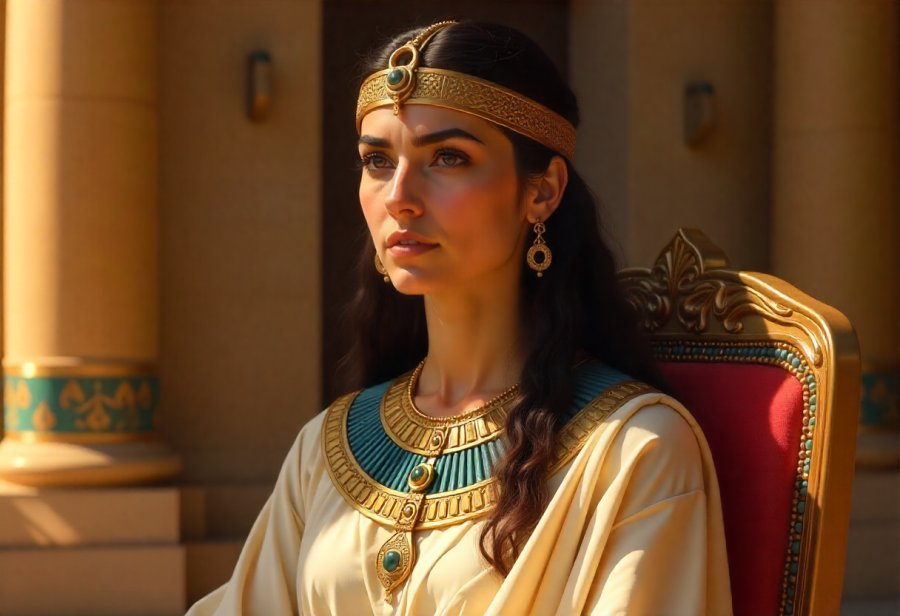Galileo Galilei’s revolutionary discoveries not only transformed our understanding of the universe but also challenged the very foundations of religious and scientific authority. His pioneering use of observation and experimentation shattered the long-held geocentric model, revealing a dynamic cosmos that defied tradition. Yet, his unwavering defiance of dogma came at immense personal cost—trial, censorship, and house arrest—highlighting the tension between progress and power. Was Galileo a martyr for truth, risking everything to pave the way for modern science? His legacy endures as a testament to the importance of questioning accepted beliefs and pursuing knowledge through evidence. Today, his principles underpin scientific inquiry, critical thinking, and technological innovation, inspiring us to challenge assumptions and seek truth in a world still shaped by the struggle between tradition and discovery. How many breakthroughs might we achieve if we dared to follow his example?
Galileo’s Revolutionary Impact: Transforming Science and Challenging Beliefs
Galileo Galilei stands as a towering figure in the history of science, not just for his groundbreaking discoveries but for how he transformed our entire approach to understanding the universe. His innovations, especially the use of the telescope, unlocked new perspectives that challenged long-held beliefs and opened the door to a scientific revolution. These insights didn’t just add to our knowledge; they questioned the very frameworks that had shaped human thought for centuries, pushing us toward a more empirical and curious way of exploring the cosmos.
More than a scientist, Galileo became a symbol of intellectual courage and defiance. He dared to stand against powerful institutions like the Church, which held sway over both spiritual and scientific authority. His unwavering pursuit of truth, even in the face of danger, made him a martyr for progress—someone willing to risk everything to push beyond dogma and discover a more accurate picture of reality. His life embodies the struggle between tradition and innovation, a battle that continues to resonate today.
Galileo’s observations shattered the classical worldview. When he saw moons orbiting Jupiter and recognized that Venus had phases like the Moon, he provided direct evidence against the geocentric model—Earth at the universe’s center—that had dominated for centuries. These discoveries revealed a universe far more dynamic and complex than previously imagined, setting the stage for a radical shift in cosmology and scientific thinking. His courage to challenge accepted wisdom laid the groundwork for modern science’s emphasis on observation and experimentation.
His role as a pioneer of the scientific method marked a turning point. Galileo championed the importance of testing ideas against nature rather than relying solely on authority or scripture. This approach, emphasizing evidence and repeatability, became the foundation of modern scientific inquiry. His legacy continues to influence how we explore, question, and understand the world, inspiring generations to seek truth through curiosity and critical thinking.
Galileo’s story is more than just a tale of discovery; it’s a powerful reminder of how defiance of tradition can drive progress. His life exemplifies the idea that challenging entrenched beliefs often comes with personal sacrifice, but it is essential for societal advancement. As a martyr for progress, Galileo’s enduring legacy encourages us to question, to explore, and to stand firm in the pursuit of knowledge—values that remain vital in our ongoing quest to understand the universe.
Defying Tradition: How Galileo Challenged Authority and Changed the World
Galileo’s discoveries did more than add new facts to our understanding of the universe; they challenged deeply held beliefs and the authority of the institutions that supported them. His observations of Jupiter’s moons and Venus’s phases directly contradicted the long-standing geocentric view, which placed Earth at the universe’s center. These findings undermined the idea that the universe was static and perfect, as many believed based on ancient texts and church teachings. Galileo’s evidence made it clear that the cosmos was far more complex and dynamic than previously thought, and this was a direct threat to the traditional worldview.
What made Galileo’s challenge even more radical was his insistence on relying on observation and experimentation, rather than accepting authority or scripture as the ultimate source of truth. He used his telescope to gather tangible evidence, showing that celestial bodies were not perfect spheres but rough, changing surfaces. This empirical approach marked a shift from the philosophical and theological explanations that had dominated medieval science. By advocating for direct evidence, Galileo set a new standard for scientific inquiry—one that prioritized questioning and testing over blind faith in authority.
His advocacy for the heliocentric model, which placed the Sun at the center of the universe, was a direct challenge to the church’s teachings. At the time, the church insisted that Earth was the divine center of creation. Galileo’s observations of Venus’s phases and Jupiter’s moons provided tangible proof that the universe did not revolve around Earth. This evidence threatened to overturn centuries of biblical interpretation and church doctrine, making his findings not just scientific but fiercely heretical in the eyes of religious authorities.
Galileo’s willingness to push these ideas into the open made him a controversial figure. His dialogues and writings openly questioned dogma, emphasizing that nature should be understood through evidence, not tradition. This stance put him at odds with religious leaders who saw his discoveries as a direct attack on divine authority. Despite the mounting risks, Galileo continued to defend his work, demonstrating a fearless commitment to truth that would define his legacy.
His defiance extended beyond scientific debates—he directly challenged the authority of the church itself. When summoned to Rome and tried for heresy, it was not just a legal confrontation but a clash of ideas about knowledge and power. His refusal to recant his findings and his unwavering stance made him a symbol of intellectual independence. The house arrest and censorship he faced underscored how threatening his ideas were to the established order.
This bold resistance to tradition and authority sparked fierce opposition, but also ignited a broader questioning of accepted beliefs. Galileo’s example inspired others to think critically and challenge dogma, even if they did so cautiously. His life proved that progress often involves risking personal sacrifice to uphold the pursuit of truth. His defiance helped pave the way for a scientific culture rooted in evidence and inquiry, breaking the monopoly of dogma over understanding.
In challenging the status quo, Galileo demonstrated that scientific progress depends on questioning authority and trusting observation. His courage to stand firm against powerful institutions showed that truth is worth fighting for, even at great personal cost. His legacy of defiance and discovery continues to inspire those who believe that progress begins with challenging what we think we know.
Conflicts and Consequences: The Fight Between Galileo and the Church
Galileo’s support for heliocentrism and his bold challenges to church authority ignited fierce opposition from religious and academic leaders alike. His observations—such as Jupiter’s moons and Venus’s phases—directly contradicted the long-held geocentric belief that Earth was the center of the universe. These discoveries not only questioned scientific dogma but also threatened deeply rooted theological doctrines, which saw Earth’s divine centrality as essential to divine order.
This clash grew more intense as Galileo championed the heliocentric model, which the church perceived as heretical. His evidence, especially the phases of Venus and Jupiter’s satellites, made it clear that the universe was far more complex than the static, perfect heavens described by medieval doctrine. Challenging these ideas was not just a scientific matter; it was a direct assault on the authority of the church’s interpretation of divine truth.
Religious leaders responded with suspicion and hostility. Galileo’s writings, which openly questioned church teachings, drew accusations of heresy. His trial by the Roman Inquisition marked a turning point—facing the risk of excommunication, he was forced to recant his findings and was placed under house arrest. This punishment sent a stark warning: questioning the church’s authority could cost a scientist his freedom and reputation.
Yet, Galileo’s defiance had lasting implications. His willingness to stand firm in the face of powerful opposition demonstrated that evidence and reason could challenge even the most entrenched institutions. His trial exposed the tension between emerging scientific inquiry and religious authority, highlighting the risks faced by those daring to push boundaries. His courage helped shift the perception that scientific truth must be subordinate to dogma.
The wider public’s reaction was mixed. While some remained loyal to church doctrine, others began to question the authority that had long dictated what could be considered true. Galileo’s discoveries inspired quiet skepticism and critical thinking, even among those hesitant to openly defy religious authority. His life became a symbol of intellectual independence and the importance of questioning accepted beliefs.
The confrontation underscored that progress often comes at a personal cost. Galileo’s unwavering stance, despite the dangers, helped lay the groundwork for a culture that values inquiry and evidence over conformity. His story reminds us that challenging established power structures is essential for societal advancement, even when it involves risking everything.
The broader consequences of Galileo’s defiance extend beyond his lifetime. His courage in risking reputation and freedom inspired future generations to prioritize truth over tradition. His life exemplifies that scientific progress requires resilience and a willingness to challenge authority—an enduring lesson for anyone committed to the pursuit of knowledge.
In the end, Galileo’s opposition to dogma and his unwavering pursuit of truth reshaped not only science but also the relationship between knowledge and authority. His conflicts and their consequences reveal the transformative power of courageous inquiry. They remind us that progress often demands defiance and that standing firm for evidence and reason can change the course of history.
This ongoing tension between science and faith highlights the importance of open dialogue and critical examination of established beliefs. For those interested in exploring the profound impact of Galileo’s work and the history of scientific discovery, more information can be found at Galileo and the Scientific Revolution.
Modern Miracles: How Galileo’s Ideas Shape Today’s Science and Society
Galileo’s scientific principles continue to shape how we explore and understand the world today. His emphasis on observation, experimentation, and evidence laid the foundation for the scientific method that underpins modern research. From physics and biology to environmental science, scientists test hypotheses, gather data, and verify results—methods that directly trace back to Galileo’s approach. This commitment to evidence over assumption keeps scientific progress grounded and reliable, fueling innovations across disciplines.
In education, Galileo’s legacy encourages curiosity and critical thinking. His example demonstrates the importance of questioning accepted facts and exploring ideas through hands-on experiments. Modern classrooms often adopt inquiry-based learning, where students investigate, test, and analyze—mirroring Galileo’s emphasis on direct engagement with nature. This approach helps develop skills like problem-solving and creativity, preparing young minds to navigate an increasingly complex, data-driven world.
Beyond schools, Galileo’s principles influence technological advancements that impact daily life. Space exploration relies on precise observation, from telescopes to satellites, all rooted in his methods. Medical research depends on rigorous testing and data collection, echoing his insistence on evidence. Environmental science, climate studies, and engineering all benefit from systematic investigation, demonstrating how Galileo’s ideas remain central to innovation and discovery.
Scientific institutions today owe much to Galileo’s push for independence from dogma. His fight for inquiry free from religious or political influence helped establish norms of peer review and open debate. Universities and research centers foster environments where ideas are tested and validated, ensuring knowledge evolves based on facts rather than authority. This culture of skepticism and verification keeps science dynamic and progressive, echoing his legacy.
Galileo’s influence extends beyond labs and classrooms into society’s broader understanding of truth. His willingness to challenge established beliefs reminds us that progress often involves questioning and testing. In an era of misinformation, his example underscores the importance of evidence-based reasoning in policy, public health, and technological development. Critical thinking inspired by Galileo remains essential for making informed decisions and fostering innovation in a rapidly changing world.
Enduring Legacy: How Galileo’s Courage Continues to Inspire Progress
Galileo’s legacy extends far beyond his groundbreaking discoveries; it fundamentally reshaped how we think about knowledge, authority, and progress. His willingness to challenge deeply rooted beliefs and institutions opened new pathways for scientific inquiry, emphasizing that evidence and reason are the true guides to understanding the universe. By standing firm against powerful forces of tradition, he demonstrated that questioning accepted wisdom is essential for societal growth and innovation.
His defiance of dogma came at a personal cost—trial, censorship, and house arrest—yet these sacrifices underscored a vital truth: progress often demands courage and resilience. Galileo’s unwavering commitment to truth inspired future generations to value curiosity over conformity, and to pursue knowledge even when it conflicts with established authority. His life embodies the idea that real advancement requires daring to challenge the status quo and stand up for what is right.
Galileo’s influence laid the groundwork for the scientific method we rely on today—an approach rooted in observation, experimentation, and verification. This paradigm shift transformed science from a collection of accepted truths to a dynamic, self-correcting pursuit of understanding. His legacy continues to inspire a culture where inquiry, skepticism, and evidence-based reasoning are fundamental, fueling technological innovation and societal progress.
In education and society at large, Galileo’s example encourages us to ask questions, explore ideas, and think critically. His story reminds us that progress is driven not by unquestioning acceptance but by active investigation and a willingness to challenge assumptions. In an age marked by misinformation and rapid change, his principles remain vital for navigating complex issues and fostering a more informed, curious world.
Ultimately, Galileo’s life exemplifies the power of intellectual bravery—showing that true progress depends on challenging dogma with evidence and standing firm in pursuit of truth. His legacy is a testament to the enduring importance of questioning authority, embracing curiosity, and pushing the boundaries of human understanding. In doing so, he transformed not only science but also the very way society values knowledge and progress.











